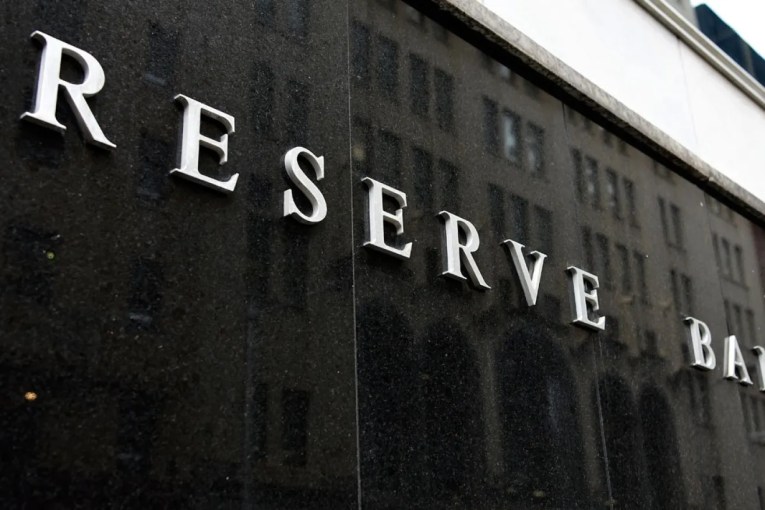Women’s financial progress easing despite greater awareness


The improvement in women’s economic progress is slowing down. Photo: Getty
Australian women’s finances may be improving, but equality is still more than a generation away.
Women’s economic progress (measured by looking at wages, superannuation balances, employment and several other key metrics) improved over the 2018-19 financial year, but the rate of change has slowed significantly on the previous year, according to the quarterly Financy Women’s Index.
“It’s a little bit confusing,” Financy founder Bianca Hartge-Hazelman told The New Daily in the spare time she had between working and picking up her children.
“We are progressing and are certainly moving in the right direction – and have been since we established the index – but what’s concerning is that the pace of progress is slowing.
“That’s coming at a time when we have increased awareness about gender pay gaps, super pay disparity, increased homelessness among elderly women … that have made us all acutely aware of the imbalances facing women.”

The Financy Women’s Index for the June 2019 quarter found economic progress has slowed.
Employment was a major driver of the slowdown, Ms Hartge-Hazelman said, with corporate Australia “stalling” in terms of women ascending to top leadership roles.
The rate of full-time employment for women also eased, which Ms Hartge-Hazelman said could be a sign of a “compositional change” in the Australian workforce.
“An interesting trend is that the number of women over 55 participating in the workforce is really increasing; that’s increasing at the fastest rate of all women participating in the workforce across all ages,” she said.
“That’s really telling; these are women who are more aware of their financial situation, who are more aware of the need to keep income coming in as longevity rates [life expectancies] are increasing.”
The index’s findings are in line with the results of the Household Income and Labour Dynamics in Australia (HILDA) report, which found the number of Australians aged 55 to 64 working permanent part-time increased 6.7 per cent.
“The decomposition suggests that the increase of permanent part-time work among this age group is in part due to changes in the gender composition of workers, with an increasing share of women this age working, as well as a decline in health satisfaction,” the HILDA report found.
Higher super ‘necessary’
Ms Hartge-Hazelman said an increase in the super guarantee from 9.5 per cent to 12 per cent is “clearly needed, irrespective of gender” and would help support all Australians in retirement.
“If we take gender out of it, this 12 per cent move has to be a good thing if it’s setting us up better for retirement and making us less reliant on the pension,” she said.
However, increasing super contributions for all won’t “turn the dial” on the super savings gap and current initiatives designed to help women (particularly mothers) bolster their super – such as catch-up contribution and spousal contribution rules – aren’t enough.
“There’s that necessity there for paid parental leave. Super really should be included in paid parental leave. A lot of progressive businesses are already doing that, but it’s not compulsory and I think government needs to look at that,” she said.
Bernie Dean, chief executive of Industry Super Australia, agreed that paid parental leave is vital to address the current gender gap.
“With too many Australian women retiring with significantly less super than men – or none at all – it’s time we saw real action to close the gender gap,” he said.
“[The Finance index] figures reinforce why the government must keep its promise and deliver the increase in super contributions as promised. Freezing the super guarantee at 9.5 per cent will only entrench the gender gap and see women fall further behind.”
Further, Mr Dean said the current rule of employers not being required to pay compulsory super to staff earning less than $450 a month also needs to be abolished.
The New Daily is owned by Industry Super Holdings








